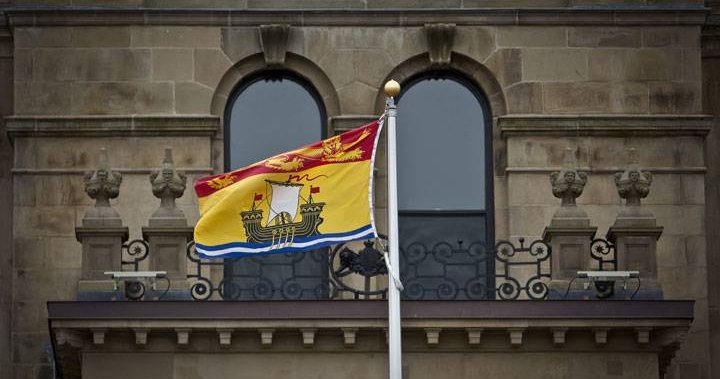The six chiefs of the Wolastoqey Nation in New Brunswick have expressed disappointment in the responses they received from the province’s political parties in a pre-election questionnaire. Specifically, they criticized the governing Progressive Conservatives for their position on Wolastoqey treaty rights, accusing them of fearmongering and regressive attitudes. The Chiefs highlighted the fact that their territory has never been legally ceded to the Crown or Canada, and called for a government that is forward-looking and willing to build a positive relationship with First Nations.
The issue of Aboriginal and treaty rights is outlined in Section 35 of the Canadian Constitution, according to Nicole O’Byrne, an associate professor at the University of New Brunswick’s faculty of law. The Peace and Friendship Treaties from the 1720s and a 1763 royal proclamation recognize the inherent rights of Indigenous people to govern their own affairs, which has often been ignored by governments. O’Byrne emphasized that federal and provincial governments have an obligation to give meaningful recognition to the goal of Aboriginal and treaty rights, derived from the long-standing occupation of the territory by Indigenous peoples.
A land claim filed by the six chiefs in December 2021 highlights the exploitation of Wolastoqey lands by private and public corporations, and calls for the land to be returned, compensation for its use over the past 200 years, and a title to the entire area. Premier Blaine Higgs is expected to call for an election campaign, and has expressed concerns about the implications of the title claim which covers 60% of New Brunswick’s territory. The government has also ordered employees to stop making territorial or title acknowledgments in reference to Indigenous lands due to ongoing legal actions.
The statement from the chiefs also criticized New Brunswick for lacking a clear and robust revenue-sharing agreement with First Nations, noting that the Higgs government’s cancellation of tax agreements has hindered the ability of Indigenous communities to address basic social aid and housing needs. The Chiefs highlighted that the Progressive Conservative party is the only party that did not agree to reinstate a revenue-sharing agreement, preferring a case-by-case approach to providing assistance, which they view as regressive and paternalistic. In contrast, the Green and Liberal parties have acknowledged the need for initiatives to combat systemic racism in the province.
Overall, the six chiefs of the Wolastoqey Nation have raised concerns about the responses from political parties in New Brunswick regarding Indigenous treaty rights, titles, policing, systemic racism, and revenue-sharing agreements. They have called for a government that takes a forward-looking approach and builds positive relationships with First Nations, rather than a regressive and paternalistic stance. The issues raised by the Chiefs highlight the ongoing struggles faced by Indigenous communities in Canada and the need for meaningful recognition of Aboriginal and treaty rights in government policy and decision-making.













